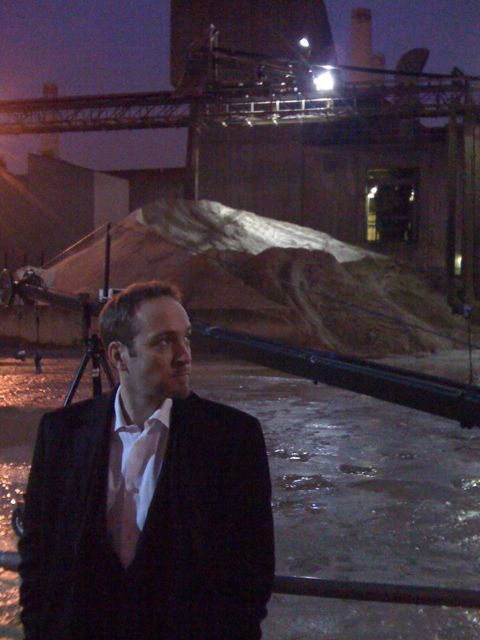Shriek of Araby hangs up his slippers
Some of you reading this with only a peripheral interest in magic may have read the notices that a famous and well-respected magician called Ali Bongo died today. If the name rings a bell, let me explain who Ali was, is, and will continue to be.
Firstly, as might be imagined, Ali was a legend amongst magicians and has been for decades.
As a performer, he dressed in trademark garish, mock-Oriental garb as the ‘Shriek of Araby’ (definitely riding the furthest cusp of political correctness by today’s standards) and was famous for his colourful, visual comedy magic.
As a consultant, aside from his film and musical work, and his own 1971 series Ali Bongo’s Cartoon Carnival, he was a vital force behind Paul Daniel’s unparalleled success, and David Nixon before him, and has lent his encyclopaedic expertise to probably every British magic show in memory, including mine.
As a thinker, his ideas were nothing short of brilliant. Several times I have seen him lecture for a room of magicians and floor all of us with impossible tricks which he treated so lightly; methods so devious, delicious and invisible, yet passed off with a shrug and a laugh by their extraordinary inventor.
As a man, he was always brightly yet impeccably dressed, twinkling and courteous; the very image of sprightliness, sporting his iconic thick-rimmed glasses on equally iconic thick-rimmed ears; a gentleman of the old school but effortlessly delighting in the changing face of the craft.
He was only a short way through his presidency of the Magic Circle when he died, following a stroke, at 79. The magic fraternity is often a pedantic and political place, and Ali was a rare spot of vibrancy in their ranks.
There is a rare and rather brilliant glimpse of him here:


